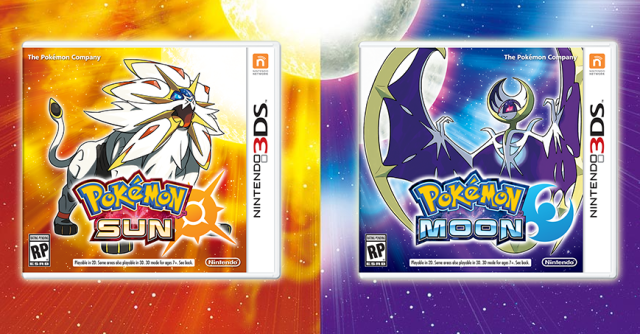Despite a record-breaking Black Friday, overall digital games sales for the holiday season are down two percent from 2015 according to SuperData Research. It’s not just this year, either—the last two holiday seasons have shown a year-over-year decline of around five percent, which SuperData attributes to recent hardware updates and aggressive bundling. While this has caused an overall shift in sales trends, no one should panic just yet.
“The industry as a whole is fine,” SuperData Research CEO, Joost van Dreunen, told [a]listdaily. “What is declining is the proportion of physical sales. What has allowed physical sales to continue to do well up until recently is the current hardware cycle, which performed above expectations, and the slow adoption from the legacy publishers of digital distribution. When we look at the share of full game downloads during the holiday season from a few years ago, only five percent of revenue came from digital sales. This year, full game downloads represent around 27 percent in the United States.”
In 2012, full game downloads accounted for only six percent of total unit sales around the Thanksgiving holiday in the US, but for 2016 that number was four times higher. “Sales this year were hampered by a weaker than usual line-up of new titles,” SuperData reported, “even as Battlefield 1 managed to perform well.” Despite the hype train, VR was named 2016’s “biggest loser,” with “notably fewer units sold than expected due to a relatively fragmented title line-up and modest marketing effort.”
However, van Dreunen notes some highly anticipated releases that could help turn things around. “Upcoming releases that will drive excitement and revenues this holiday season are The Last Guardian, Star Wars Battlefront: X-Wing VR Mission for the PSVR and Steep,” he said. “It’s important to remember that the entry into virtual reality means a range of new hardware and software sales, which will initially be mostly purchased physically. We expect Q1 next year to see Resident Evil 7 and Horizon Zero Dawn driving momentum.”

SuperData considered Nintendo to be this year’s “biggest winner,” with updates to Pokémon GO and selling out of the NES Classic Edition. After becoming the most pre-ordered video games in Nintendo history, Pokémon Sun and Pokémon Moon have now become the fastest-selling games that Nintendo has ever launched in the Americas.
“On mobile, we recorded a spike in earnings as players made the most of the Thanksgiving special for Pokémon GO,” Van Dreunen commented. “The game’s ability to stay in the forefront of people’s minds as we approach the release date for Super Mario Run may prove beneficial for Nintendo, which has yet to make a convincing claim on the $38 billion mobile games market.”
What’s going to keep gamers breaking out their wallets? Van Dreunen says it’s all about value.
“Overall, consumers are expecting more bang for their buck. In the face of a growing amount of alternatives in interactive entertainment, the traditional offering has already become stronger, giving people a lot of more for their money,” he told [a]listdaily. “Bundling has been a huge driver for both hardware and key software sales this year, for instance. As long as the traditional console business continues to deliver high-quality experiences it will meet consistent demand. But therein also lies the challenge, as a shrinking group of publishers is capable of delivering those experiences, and the market continues to consolidate.”

